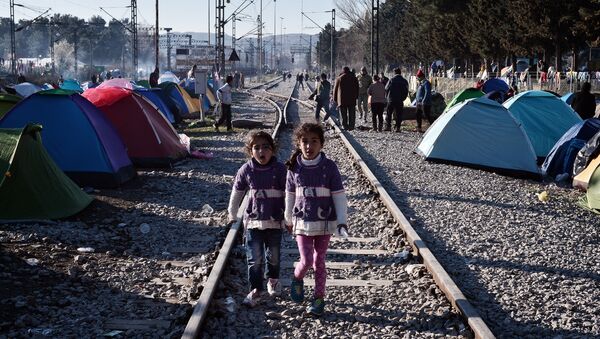"We believe that it [the resettlement of people] is against Hungarian and EU interests, so further negotiations are in need to be able to handle this situation," Kovacs said.
The migration agreement and cessation of the influx of illegal refugees also puts an end to the Balkan route used by migrants who traveled from Greece through Macedonia, Serbia and Hungary to Austria and Germany.
"We are pleased that finally the political will is to close the illegal border crossings and catch the chain of human trafficking at the Western Balkan route," the spokesman said.
The European Union is currently struggling to manage a massive refugee crisis, with hundreds of thousands of people leaving conflict-torn countries in the Middle East and North Africa for Europe.
Last year, EU members states decided to redistribute some 160,000 migrants across the bloc. Hungary, along with Poland, Slovakia and the Czech Republic, opposes the implementation of the mandatory EU quota scheme for relocating refugees.
In February, Hungarian Prime Minister Viktor Orban announced that a national referendum would be held on the issue. Kovacs told Sputnik earlier this month that the vote was likely to take place by early fall.



